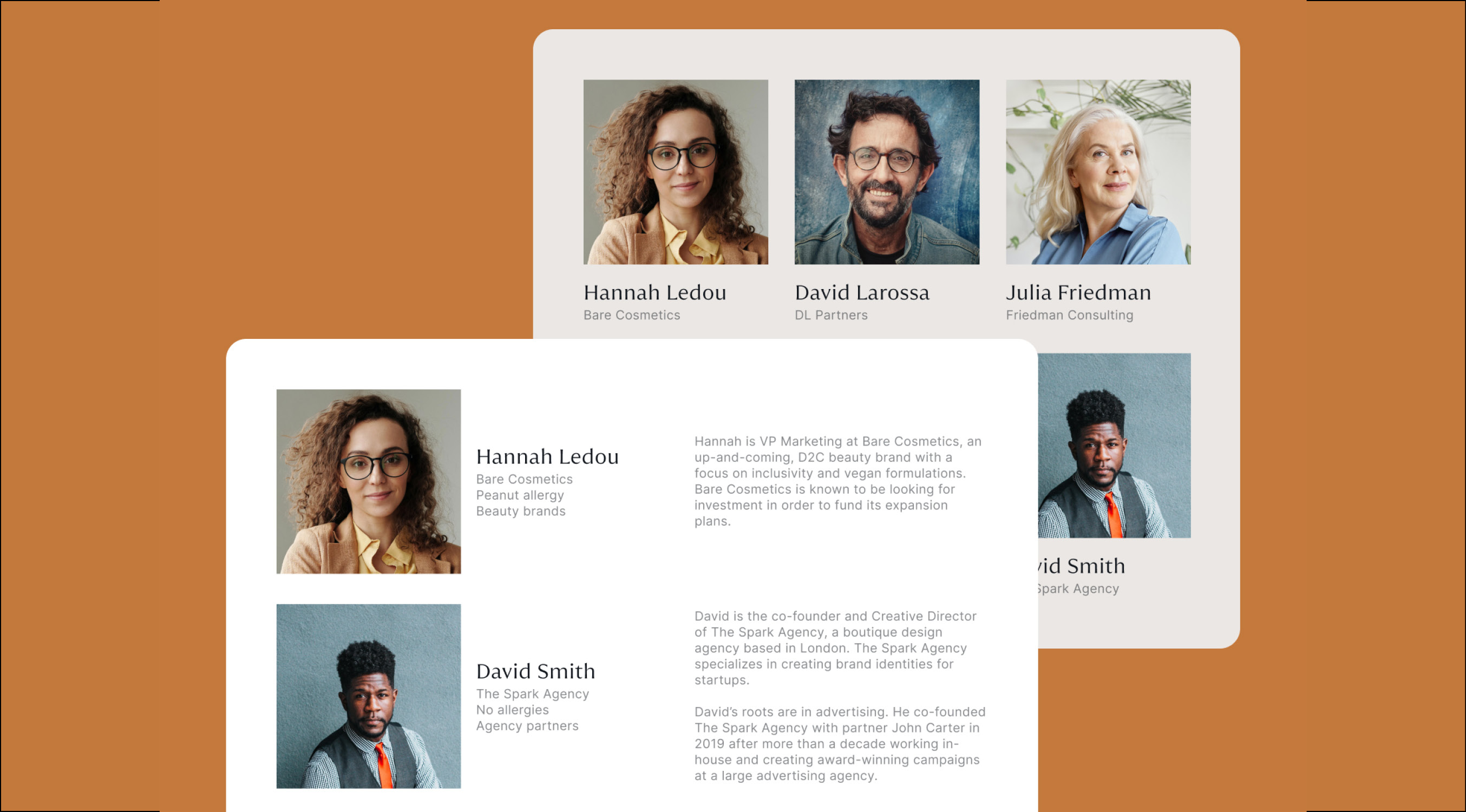Once upon a time, there was a story about stories.
Did that catch your attention? We are wired to listen to the irresistible power of stories, and at one point or another everyone needs to tell a story. As The New York Times bestselling author Harrison Monarth wrote, “We humans have been communicating through stories for upwards of 20,000 years, back when our flat screens were cave walls.”
For our profession, that storytelling happens most frequently at our events. The audience? Our guests, whose experience at our events is very intrinsically tied to the type of story they get out of it. Given the rich lexicon of stories and storytellers out there, it never hurts to take inspiration from some of the best.
Andrew Stanton, the famous American film director and screenwriter known for Pixar classics from Toy Story to Wall-E,broke down what he considers the clues to a great story in this TED talk, and we gleaned three lessons you can take to your next event.
Lesson 1: Make a powerful promise
You need to craft a story that captivates your attendees from beginning to end. Especially at a live event, you frequently do not have the luxury of building a narrative where the payoff for participants only comes after hours and hours of build-up. So you need to spark intense curiosity right off the bat: before the event even begins.
Think about what assets you have that are most intriguing to someone on the other side: celebrity guests, new products, a one-of-a-kind venue, an event with a rich and prestigious history - the options are as varied as there are events, and you should know your strengths right away.
Next, use the platforms that your audience connects with to make a powerful promise about what's to come for those lucky enough to attend. Utilize social media like Instagram stories to show sneak peeks behind the scenes, email communications to start building a more detailed narrative, and beautiful online invitations to wow guests at the moment when they need to make a decision. With a promise in place, people will want to know the resolution.
Lesson 2: Build anticipation
There’s no story without great desire and expectation for interesting things to happen. As an event professional, your time to build this anticipation is during the event, woven between the key payoff moments. Building the tension when telling a story will keep your attendees focused on what’s happening onstage.
You can accomplish this by answering the questions Stanton highlights in his TED talk: “In the short term, have you made me want to know what will happen next? Have you made me want to know how it will all conclude in the long term? Have you constructed honest conflicts with truth that creates doubt in what the outcome might be?”
It might help to get pen and a piece of paper, and draw how you want to build tension as a literal arc. It could be linear, starting at nothing and steadily rising. Or it could be like a bell curve, swooping up and then falling down again. It could even be a series of notches, rising and falling in steady succession as new activities happen at your event. Creating this visual storyline will help you make on-site choices when you see your guests need a boost, or won't mind some downtime.
Lesson 3: Know your end goal
As Stanton explains in his TED talk, “Everything you’re saying, from the first sentence to the last, is leading to a singular goal.” So what is the main message your guests should know? What are the thoughts you want them to walk away with?
Like the famous English author P.G. Wodehouse would write, sometimes it's best to start with the ending, and then figure out how to get everyone there afterwards. Ask yourself what core values you want to express, how you plan to deliver that powerful promise you made at the beginning, and how you want to escalate the anticipation you created. Then use the height of your dramatic arc to inspire and awe your audience.
The great power of stories lies in their potential to transform. And strong feelings such as astonishment and amazement will leave a positive imprint in your guests’ memory. For example, you could deliver the punchline in a form of an extremely valuable insight, a startling comparison, or an unexpected surprise.
Always think about those moments and circumstances that will invoke strong positive feelings in your attendees, and leave them with a story they can't help but remember again and again.
Written by Victoria Rudi
Victoria Rudi is a professional content creator & strategist for event magazines, startups, and apps. She covers topics such as event logistics & technology, attendees' psychology, event communication & marketing, gamification, etc. Stay in touch by connecting with Victoria on Twitter.



